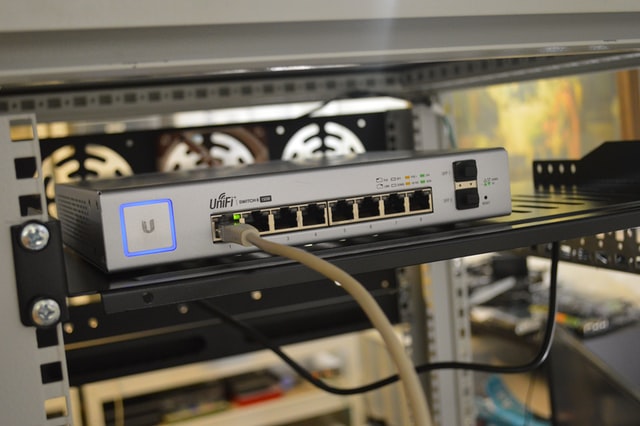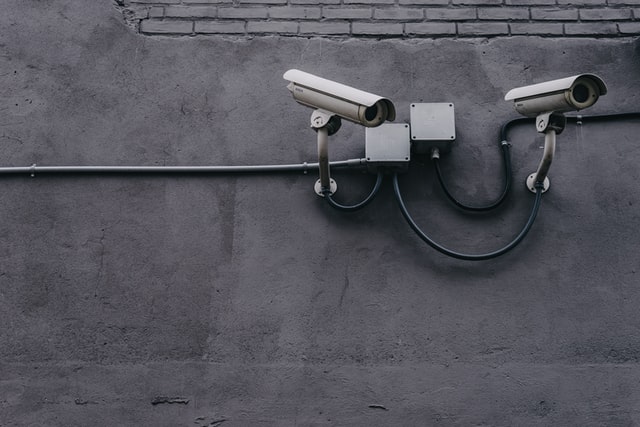PoE vs BNC Security Camera Cable
Apr 13, 2022

If you're considering purchasing a security camera system for your home or business, you'll need to decide which type of cable to use. Your main choice will be PoE vs BNC, the two most popular types of security camera cable. PoE (Power over Ethernet) is for IP security cameras and systems, and BNC cable is for HD over Coax cameras. This blog post will compare PoE vs BNC camera cables and help you decide which is best for you.
PoE Security Camera Cable
PoE cables are the most commonly used type of cable for connecting security cameras to a network. PoE stands for Power over Ethernet, and it describes the technology that allows devices such as IP cameras to be powered by a standard ethernet cable. This is convenient because it eliminates the need for separate power cords, simplifies camera installation, and makes it easier to install cameras in higher numbers.
PoE cables transmit both data and power, but the exact specifications for achieving this varies between different PoE standards. There are different ethernet cables, including Cat 5e and Cat 6, with varying IEEE Standards, which determine data transmission quality. When comparing PoE vs BNC, it's vital to note that PoE is now the standard video transmission solution for modern IP surveillance systems.
Takeaway:
- PoE cables reduce security camera installation costs
- PoE is more scalable than BNC
- PoE offers more flexibility when connecting multiple cameras
- PoE offers better resolution and faster transmission speeds than BNC
BNC Security Camera Cable

BNC cables are commonly used in HD-over-Coax cameras and systems. Comparing PoE vs BNC, BNC cabling has been the industry standard for a longer period of time. While coaxial BNC camera cable does carry power, it’s not enough to power the camera on its own, not in the same way that PoE cable can. This is one reason that PoE cameras and cables are becoming the new industry standard.
This cable comes with a male BNC connector on each end that connects your security camera to the DVR. The power side of the BNC cable leads to an individual power supply and connects to the camera using a power pigtail. BNC cables are easy to install and don’t require any special tools or skills. You can cut them, crimp BNC connectors on, and connect them with your security cameras and DVRs with commonly-available tools.
Takeaway:
- Supports HD-over-Coax CCTV cameras
- BNC cable is available at specific exact lengths
- BNC cable can run up to 1000ft without any amplification
- BNC cable is shielded heavily to minimize any form of interference
The Bottom Line
Looking at PoE vs BNC cables, it's easy to see why BNC cables are still a popular choice for property owners who haven't decided to upgrade to the latest IP security cameras. These cables still support 1080p HD security cameras, offering a more affordable solution to consumers who don't necessarily need the latest surveillance solutions, such as 4K Ultra HD IP security cameras and systems.
IP cameras and systems that connect with PoE cable carry more features and support higher resolutions, making them more future-proof. So PoE-based systems may be best for long term security coverage planning.
At the end of the day, expect that your choice of PoE vs BNC will be made based on cost vs features.
Learn More at CCTV Security Pros
As a direct supplier of commercial-grade surveillance systems, security cameras, and associated equipment, CCTV Security Pros offers expert knowledge and advice on the best PoE vs BNC camera cable options for your home or business. Whether you want a simple breakdown of PoE vs BNC benefits and drawbacks or want to upgrade your current security system to the latest in IP surveillance technology, we can help.
Call 888.653.2288 to speak with a security expert.





